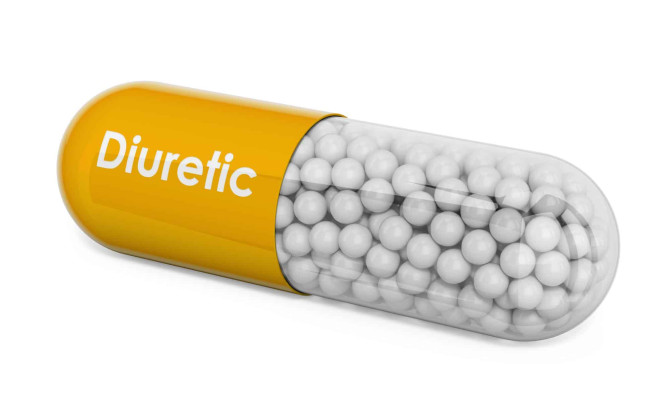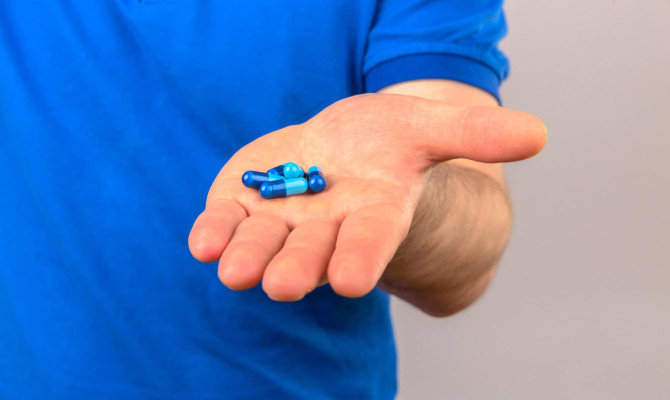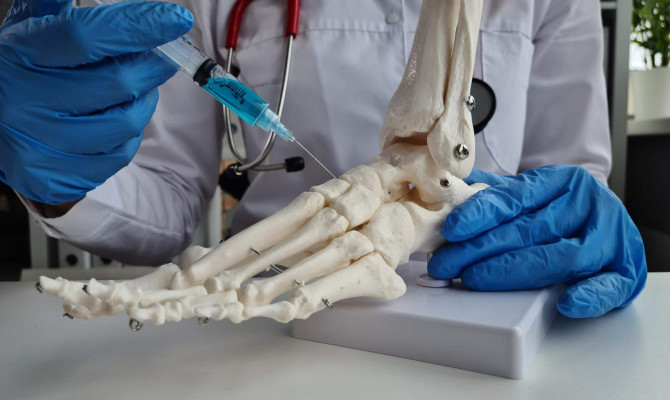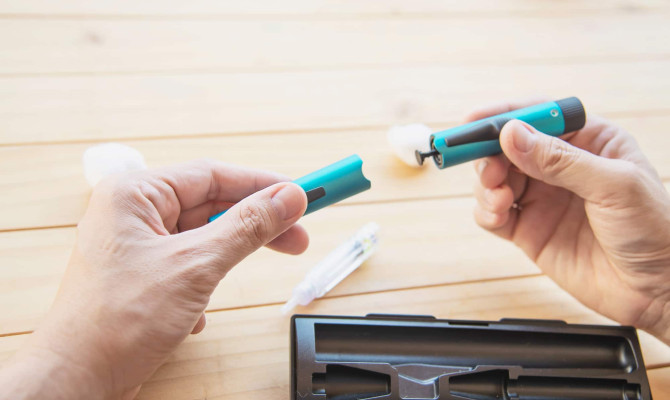Clonazepam: Uses, Dosage and Side effects

- Clonazepam
- 17 Aug 2023
Overview
What is Clonazepam?
Clonazepam is a prescription drug to treat seizure disorders in children and adults. It is also used to manage panic disorders in adults. It is an active drug that belongs to the drug class known as benzodiazepines.
Seizure disorders are when the brain cells have sudden uncontrolled electrical activity in the brain cells leading to behavioral changes and abrupt body movements. Panic disorders are characterized by abrupt, severe dread and discomfort.
Clonazepam is the generic form of the drug, i.e., it contains the same ingredients as the trade-name drug. Clonazepam is also available in its trade name form as Klonopin, Ceberclon, and Rivotril. Clonazepam drugs might be prescribed alone or with other medications to treat medical conditions.
In 1997, the FDA (The Food and drug administration, United States) approved Clonazepam as a generic drug1Overview| Researched based study from Sciencedirect.com

Working of Clonazepam
- Clonazepam increases the activity of the GABA (gamma-aminobutyric acid) compound.
- GABA is the brain’s chemical messenger. It helps the nervous system calm down by controlling the nerve cell’s over activity in cases of fear, stress, and anxiety.
- A person taking Clonazepam medication will have more GABA in the body and thus help them have fewer seizures and panic attacks 2Overview| Researched based study from Nlm.nih.gov
Uses
Uses of Clonazepam
Clonazepam is used for the following conditions:
- Seizure disorders in children, adults, and infants
- It is also used for akinetic seizures, myoclonic seizures, Lennox-Gastaut syndrome, and Petit mal seizures.
- Management of Panic disorders with or without agoraphobia (fear of situation where escape might not be possible)
- The doctor might also prescribe Clonazepam for other non-approved conditions 4Uses| Researched based study from Nlm.nih.gov
Dosage
Dosage of Clonazepam
One must take Clonazepam oral tablets as prescribed by the physician. However, some of the commonly prescribed doses are mentioned:
Panic disorder dosage
Adults (18 years to 64 years)
- Starting dose- 0.25 mg twice daily
- Gradually increased dose-0.5 mg twice daily after three days
- Maximum dose- 4mg daily
Dose reduction when trying to stop the medication
- Dose reduction- 0.125 mg every three days
Older adults (65 years and above)
- Depending on the medical condition, the doctors may start the medication at a lowered dose.
Seizure disorder dosage
Adult (18 years to 64 years)
- Starting dose- 0.5 mg thrice daily
- Gradually increase dose-0.5 to 1 mg every three days until the seizure is controlled.
- Maximum dose- 20 mg daily in divided dose
Adolescent (11 to 17 years)
- Starting dose- 0.5 mg thrice daily
- Gradually increase dose-0.5 to 1 mg every three days until the seizure is controlled.
- Maximum dose- 20 mg daily in divided dose
Children (below ten years /weight 30 kg or less)
- Starting dose- 0.01to 0.03 (mg/kg body weight) daily
- Gradually increased dose-0.25 to 0.5 mg every three days until the seizure are controlled
- Maximum amount- 0.1 to 0.2 (mg/kg body weight) daily in divided dose
Older adults (65 years and above)
- Depending on the medical condition, the doctors may start the medication at a lowered dose 3Dosage| Researched based study from Nlm.nih.gov
Side effects
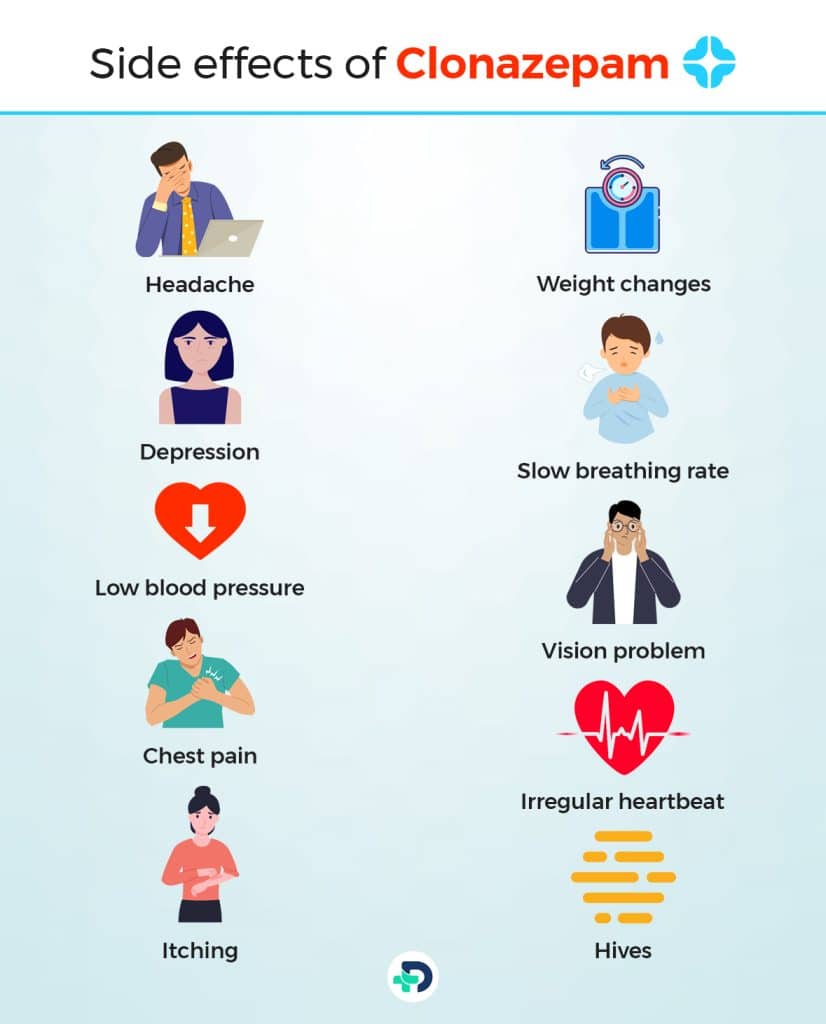
Side effects of Clonazepam
Common side effects
- Headache
- Sleepiness
- Lightheadedness
- Tiredness
- Depression
- Walking and coordination problem
- Memory problem
- Weight changes (gain or loss)
Serious side effects
- Slow breathing rate
- Severe depression with suicidal thoughts
- Worsening seizure disorder symptoms
- Blood clotting problem
- Difficulty in urinating
- Low blood pressure
- Vision problem
- Irregular or painful periods
- Chest pain
- Irregular heartbeat
- Loss of consciousness and faint
- Addiction
- Itching
- Hives
- Skin rash
- Swelling in the lips, tongue, throat, and mouth
- Difficult breathing 5Side effects| Researched based study from Nlm.nih.gov
Formulations
Formulation of Clonazepam
Clonazepam is available in two forms:
- Oral tablets that one can swallow in the strength 0.5 milligram(mg), 1 mg, 2 mg
- Oral disintegrating tablets that quickly dissolve in the mouth-in the strength 0.125 mg,0.25 mg,0.5 mg,1 mg, 2 mg
Klonopin (trade name) is available in Oral tablets form in the strength of 0.5 mg, 1 mg, 2 mg 5Formulations| Researched based study from Nlm.nih.gov
How to use Clonazepam?
- A doctor prescribes Clonazepam tablet dosage depending on factors such as the person’s age, the severity of the medical condition, and other medications already in use.
- A doctor starts with a lower dose and then gradually adjusts it to the amount suitable for the patient. While stopping the medication, the doctor slowly lowers the dose over time before discontinuing it to avoid withdrawal symptoms such as vomiting, sweating, diarrhea, tremor, and stomach pain.
Taking Clonazepam tablets
- One can swallow the Clonazepam oral tablet with plain water
- Clonazepam oral disintegrating tablets dissolve quickly in the tongue. Take the tablets with a dry hand as the tablet melts once moist.
- Take Clonazepam oral disintegrating tablets ten minutes after eating or drinking something. Also, wait ten minutes for the tablet to completely dissolve before eating.
Overdose
Overdose toxicity
One must not consume Clonazepam tablets more than the proposed dose as it can lead to serious life-threatening side effects.
Some of the symptoms of an overdose are as follows:
- Confusion
- Decreased breathing
- Hypotension (Low blood pressure)
- Sleepiness
- Coordination problem
- Slowed reflexes
- Coma
- Death(in rare case)
However, in case of accidental intake of Clonazepam overdose, one must immediately dial the emergency medical number based on the geographical location or rush to the nearest emergency medical room 6Overdose| Researched based study from Nlm.nih.gov
Precautions
Precautions & Warnings
- The pregnant woman must avoid using Clonazepam as some scientific information suggests it harms the growing fetus.
- Nursing mothers must also avoid taking Clonazepam as it can pass to the breast milk and increase the side effect in the child.
- People who drink alcohol must avoid drinking while taking Clonazepam, as taking both together might increase the side effect of the drug.
Warnings
Misuse and addiction
- Misuse is taking Clonazepam differently and not following as prescribed
- Addiction is when a person uses it despite its harmful effects. However, misuse and addiction can lead to overdose and death.
Dependence on the drug
- Dependence is the use of drugs to function the body as usual7Precautions| Researched based study from Nlm.nih.gov
Contraindications
Contraindications
Before taking Clonazepam, one must inform the doctor about the medical condition and any history of taking other benzodiazepines. The precise information enables the doctor to discuss the possible risk and the benefits of taking the medication for the disease.
Medical conditions that can bother are as follows:
- Bipolar disorder(mental disorder that causes a change in mood)
- Parkinson’s disease (brain disorder)
- Myasthenia gravis( an ailment that causes muscle weakness)
- History of seizure
- Suicidal thoughts
- Breathing problem
- Pregnant or trying to conceive
Who should avoid Clonazepam
- Pregnant woman
- People allergic to Clonazepam or any ingredient of the drug
- With blood disorders such as porphyria
- One with kidney disease
- People with liver disease
- One with glaucoma (eye disease) 8Contraindications| Researched based study from Nlm.nih.gov
Interactions
Interactions of Clonazepam
Clonazepam can interact with several drugs and herbs.
The list of some of the medicines that can interact is as follows:
- Fentanyl, Hydromorphone (opioids )
- Cetirizine ,Chlorpheniramine (antiallergic drug)
- Clozapine, Risperidone (an antipsychotic drug )
- Buspirone (anxiety drug)
- Zolpidem (insomnia drugs)
- Fluconazole(antifungal drug)
- Propantheline(a drug to treat ulcers)
- Serious interaction results into coma and death with other opioid drugs such as morphine and tramadol 7Interactions| Researched based study from Nlm.nih.gov
Some herbs that can interact with Clonazepam are as follows:
- Chamomile (herb)
- Cannabis (plant)
- Kava (shrub)
- Valerian (plant) 9Interactions| Researched based study from Researchgate.net
Cost & Storage
Cost & storage of Clonazepam
- The cost of Clonazepam might vary depending on various factors such as geographical location, insurance coverage, and the health store in use.
- One can avail of financial assistance for Clonazepam tablets from two websites viz; Needy Meds and Medicine assistance tools. The websites also enable one to find low-cost health stores and necessary educational resources.
Storage of Clonazepam
- Store Clonazepam at room temperatures between 15 to 30 degrees centigrade
- Keep in a tightly closed container away from the direct sunlight
- Also, keep out of reach of children and young pets
Disposal
- Dispose of unused medicine in thrash or a sealed bag to prevent accidental overdose or death of animals or pets.
- Throw the medication whose expiry date has crossed
Takeaway
Key Takeaways
- Clonazepam is a medication to treat seizure and panic disorders
- Most people who take Clonazepam may have few or more side effects. Any side effects that persist must be informed to the health care provider.
- Clonazepam’s sudden discontinuation can lead to withdrawal symptoms, so one must follow the discontinuation process as the doctor advises
Any feedback on this article?
 This Articles content was accurate
This Articles content was accurate Very Informative Article
Very Informative Article I have a question or a comment
I have a question or a comment
 This article contains inaccurate content
This article contains inaccurate content This article was not helpful
This article was not helpful I have a question or a comment
I have a question or a comment
We appreciate your helpful feedback!
Checkout our social pages
References
-
Science Direct
Clonazepam - an overview | Overview
-
National Library of Medicine
Clonazepam | Overview
-
National Library of Medicine
Clonazepam add‐on therapy for refractory epilepsy in adults and children | Dosage
-
National Library of Medicine
Benzodiazepine Pharmacology and Central Nervous System–Mediated Effects | Uses
-
National Library of Medicine
Clonazepam | Side effects | Formulations
-
National Library of Medicine
Benzodiazepine Toxicity | Overdose
-
National Library of Medicine
A Case Report of Clonazepam Dependence | Precautions
-
National Library of Medicine
Clonazepam use in pregnancy and the risk of malformations | Precautions
-
Research Gate
RESPIRATORY DEPRESSION DUE TO CLONAZEPAM AND FLUCONAZOLE INTERACTION: CASE REPORT AND DISCUSSION | Interactions













